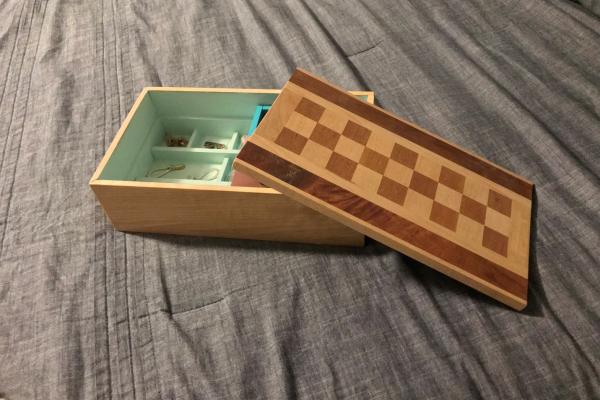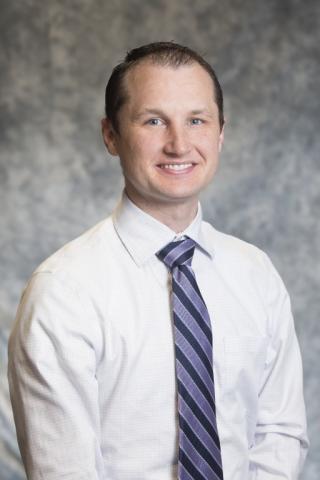
The jewelry box
This past Christmas, my kids were determined to make a jewelry box for my wife as her present. I don’t know where they came up with the idea, but they weren’t changing their minds. The problem was, and is, that I am not a carpenter nor do I have the tools to pull off this project. Luckily, we were able to find a neighbor who had the skills, time and tools to help my children pull off this feat.
I watched as my kids and neighbor drew out the plans for the jewelry box. The initial rendering was a box with unknown dimensions, lopsided and plywood, but as my neighbor asked leading questions to help clarify needs, design and use— occasionally offering his expert opinion—they were able to come up with a beautiful plan.
Listening to their conversation as the project continued, I noticed a shift in dynamics. Instead of asking “what’s next,” my kids started asking “what if we did…” or “is it possible… .” My daughters’ vision was expanded so they could explore possibilities and make something that showcased their creativity.
As I was thinking about my children’s learning opportunity, I began to notice similarities between their experience and my transformation project in the Primary Care Transformation Fellowship. Prior to applying to the fellowship, I wanted to create something to help providers enjoy the work they do in rural communities and improve retention. By extension, this would help the communities with increased access to care with minimal lapses in coverage. I had the idea of creating an onboarding program for rural providers and thought I could pull it off without any experience. I was full of child-like confidence. Looking back at my initial plans, it resembled a lopsided box without dimensions. Around that time, I applied to Duke’s Primary Care Transformation Fellowship and found my team of mentors.
I was very nervous when I began the fellowship; I didn’t know what I didn’t know. The fellowship planned for this, though, and gave me a wonderful mentor in Perri Morgan, Ph.D., MEd, PA-C. As my mentor, she asked questions and provided her insight to help me see a bigger vision of the possibilities my project could accomplish, not only creating an onboarding program but also having self-evaluation where feedback could be received and implemented so the program would last longer than me. The timing of our partnership was perfect. She also recently published a paper on onboarding practices that I was able to reference in my project.
Beyond just the course curriculum, I felt the program offered more opportunities than advertised. Networking was an unexpected bonus for me. Through the fellowship I was able to connect with one of Duke’s APP fellowship directors who created a training program for newly graduated APPs in urgent care; another fellow at a different school working on a similar project; as well as classmates and professors, all of whom have had an impact on me and my project.
I am now in the last six months of the fellowship, and I see how my project has changed from the lopsided idea to a functioning part of my organization. More importantly, with the instruction and tools given during the course of this fellowship, my capability and confidence to change health care in my current clinical location has grown. I know this process can be replicated and more transformations can take place. It is a gift to be a part of this fellowship, a gift that I will continue to use well past my time at Duke.
Carson Close is a fellow with the Primary Care Transformation Fellowship Program. Email carson.close@rhgnc.org with questions.
Editor’s note: Blogs represent the opinion of the author, not the Department of Family Medicine and Community Health, or Duke University.
